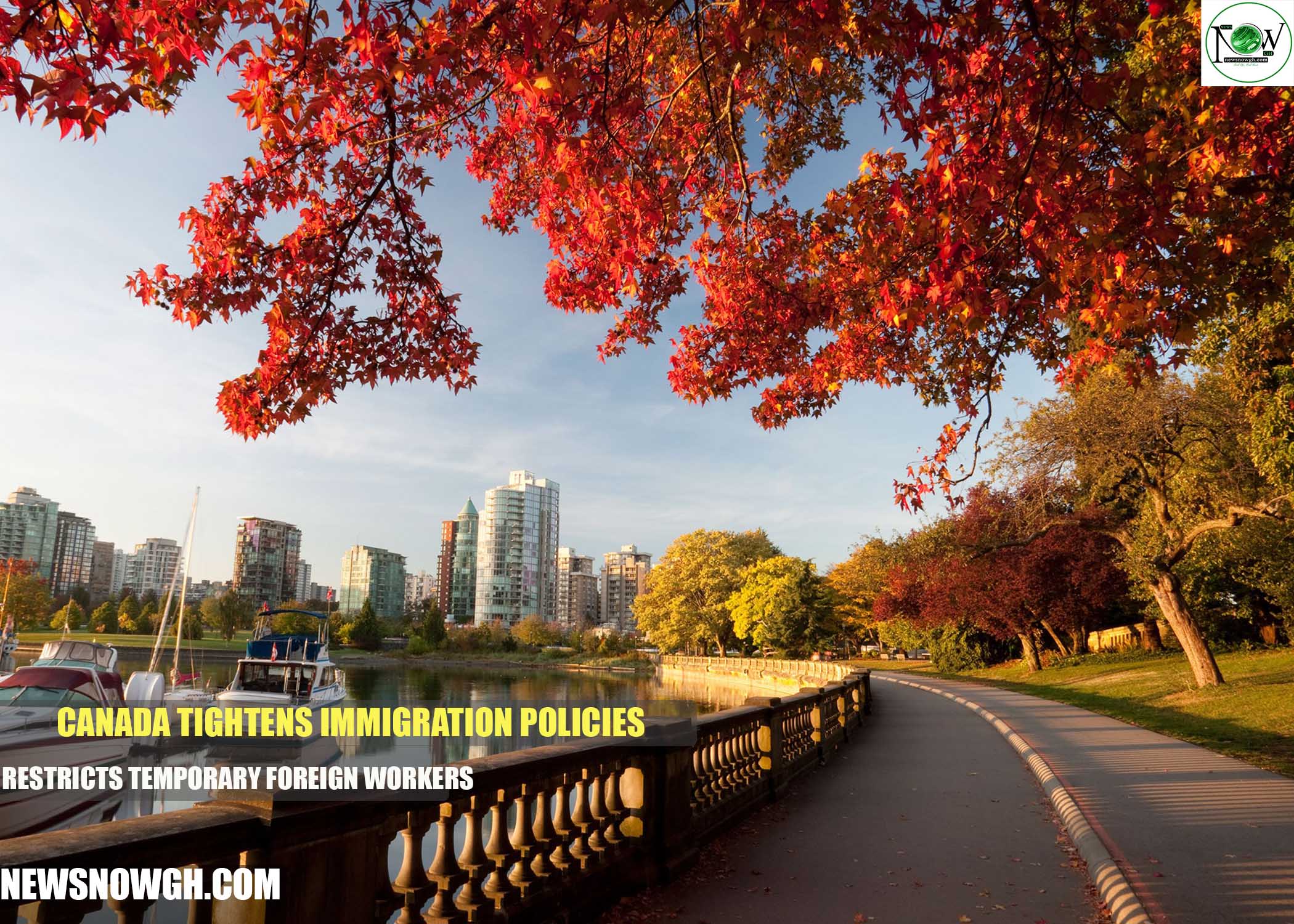Canada Tightens Immigration Policies, Restricts Temporary Foreign Workers
Canada has introduced stricter regulations for canceling temporary resident documents. These changes significantly impact tourists, students, and workers. Immigration officers now have enhanced authority to revoke visas and permits under specific circumstances.
The updated rules, announced by Immigration, Refugees and Citizenship Canada (IRCC), aim to improve border security and maintain immigration integrity. This move is part of Canada’s ongoing effort to ensure only eligible individuals can enter and stay in the country.
Reasons for the Policy Changes
On February 12, 2025, IRCC published amendments to the Immigration and Refugee Protection Regulations in the Canada Gazette II. These revisions provide immigration officers with clear guidelines for action when temporary resident documents are invalid or misused.
Key Reasons for Visa Cancellations
Ineligibility or Inadmissibility
Immigration authorities can revoke a visa if an applicant provides false information or acquires a criminal record. A visa may also be canceled if a serious medical condition arises. For example, if a tourist is convicted of a crime after entering Canada, their visa can be revoked.
Risk of Overstay
If officers suspect a traveler might not leave Canada after their authorized stay, they can cancel the visa. Factors like insufficient funds or weak ties to their home country contribute to this determination. For instance, if a student’s school loses accreditation, authorities may cancel their study permit.
Document Issues
Lost, stolen, or destroyed visas and permits pose security risks. Authorities will cancel such documents to prevent identity fraud. For example, if a foreign worker loses their work permit, they must apply for a replacement.
Change in Status
When a temporary resident successfully applies for permanent residency, their previous permits become invalid. If an individual passes away, their visa is automatically canceled to update immigration records.
Administrative Errors
Clerical mistakes can lead to visa cancellations. Incorrect names or passport numbers may result in the need for reapplication. For example, if a visitor receives a visa they were not eligible for, IRCC can cancel it and request a new application.
How to Navigate These Changes
For individuals currently in Canada or planning to visit, here are strategies to remain compliant:
- Stay Updated on Immigration Policies: Regularly check the IRCC website for changes affecting visa holders. Subscribe to government alerts for the latest information.
- Ensure Accuracy in Your Documentation: Always provide accurate information when applying for a visa. Report any changes, such as marriage or criminal record updates, to IRCC immediately.
- Keep Your Travel Documents Secure: If your passport or visa is lost or stolen, report it to the police and IRCC right away. Request a replacement quickly to prevent misuse.
- Plan for Visa Expiry and Avoid Overstays: If your visa is nearing expiration, apply for an extension well in advance. Consider switching to permanent residency if eligible.
- Understand Your Rights if Your Visa is Cancelled: You have the right to know the reason for cancellation. Some decisions may be appealable if an error occurs. Seeking legal assistance can help explore options for reapplication or challenging a cancellation.
Importance of These Changes
The tightened regulations aim to strengthen border security, enhance program integrity, and protect public safety. By ensuring that only eligible individuals enter Canada, immigration officials can act swiftly when new information arises about a traveler.
Final Thoughts
As Canada refines its immigration policies, travelers must remain vigilant. Whether planning a short visit, studying, or working in Canada, understanding these new rules is essential. Staying informed will help you comply with regulations and avoid unexpected disruptions.
Follow us on NewsNowGh.com to stay updated on the latest information regarding work permits, visas, and visa-sponsored employment.


